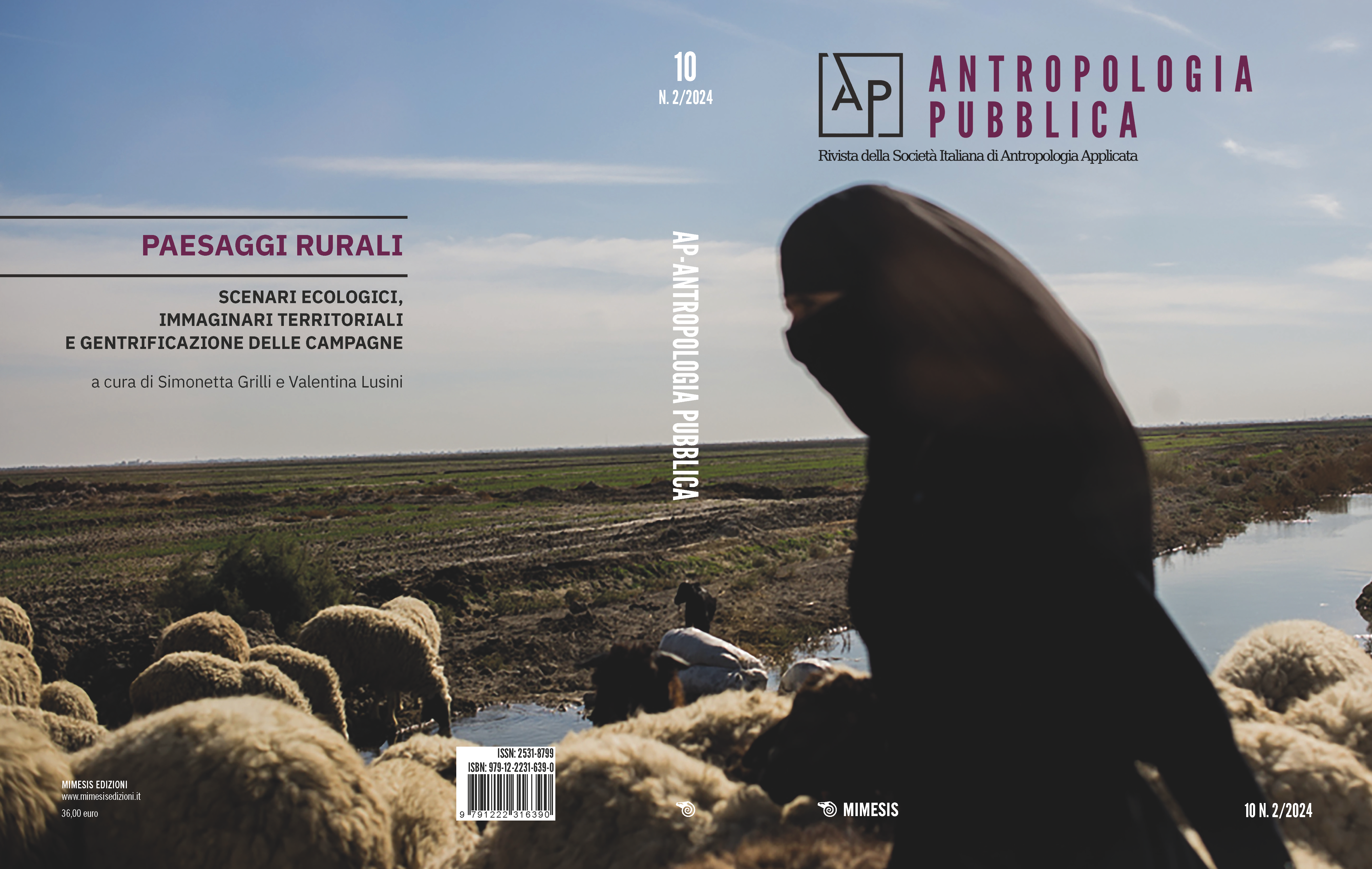Disputed Waters. Improving communities’ capacity to manage their water resources in Central Tanzania
DOI:
https://doi.org/10.7413/2531-87990031Palabras clave:
Water; Waterscapes; Natural Resource Management; Participatory Action Research; Community.Resumen
The report focuses on the issue of water resource management in the rural context of the central Dodoma region of Tanzania, seeking to understand, through Participatory Visual Research-Action, how community water management works. The legal framework regarding water resource management in Tanzania has evolved over the past 20 years. The Water Resource Management Act and Water Supply and Sanitation Act of 2009 define the establishment of community-based organizations in rural areas, promoting decentralization, financial autonomy and citizen participation in water resource management. The recent history and the political ecology of the micro-context in consideration highlights the growing vulnerability of soils and water resources since colonial time, the forms of resilience, and the organization of local communities in managing the present and the future. Analysis of the water environment reveals a strong link between water resources, social practices and ‘invisible infrastructure’ present in the daily lives of communities. The research shows how in this cultural context water sources are often considered sacred places, intertwined with beliefs, rituals or social practices that regulate the access to and the use of this resource. The observations intertwining highlight the vivid interactions that occur around domestic water points, transforming these public spaces into vital centres of socialization, information exchange and collaboration among community members. However, challenges related to plumbing problems, suspicions of corruption and tensions between residents and institutions also emerge, underscoring the need for greater transparency, community involvement and coordination between local actors and development organizations.



